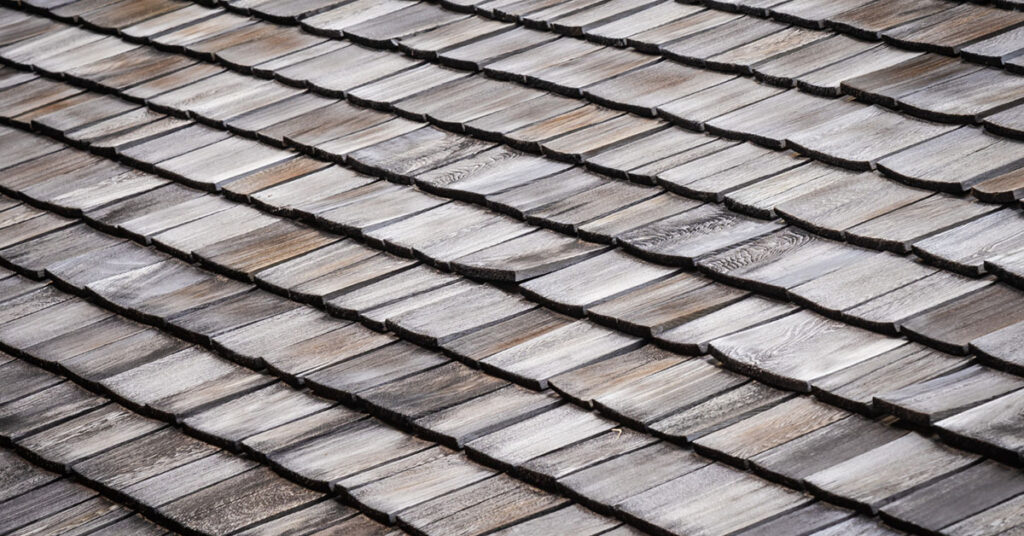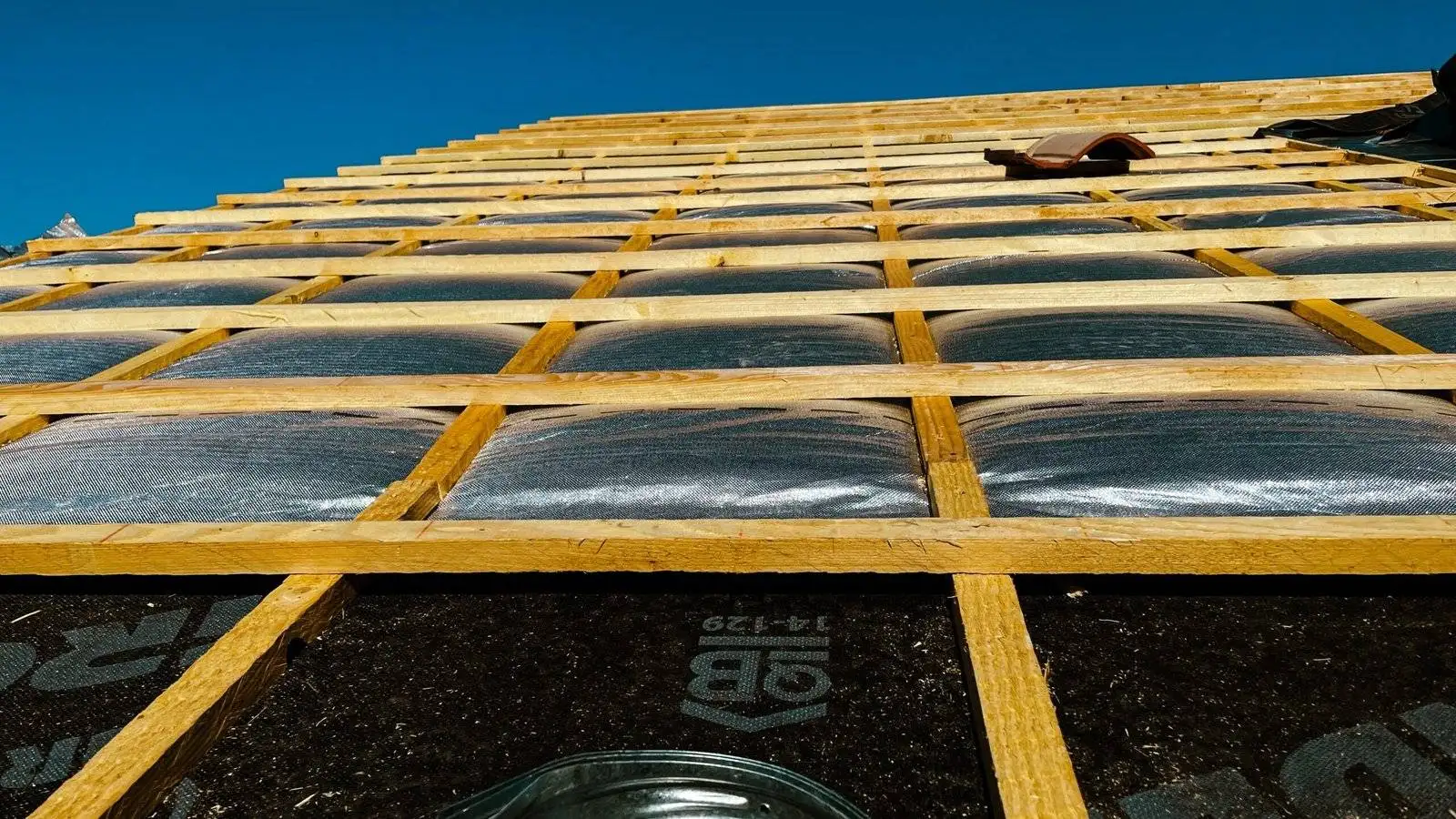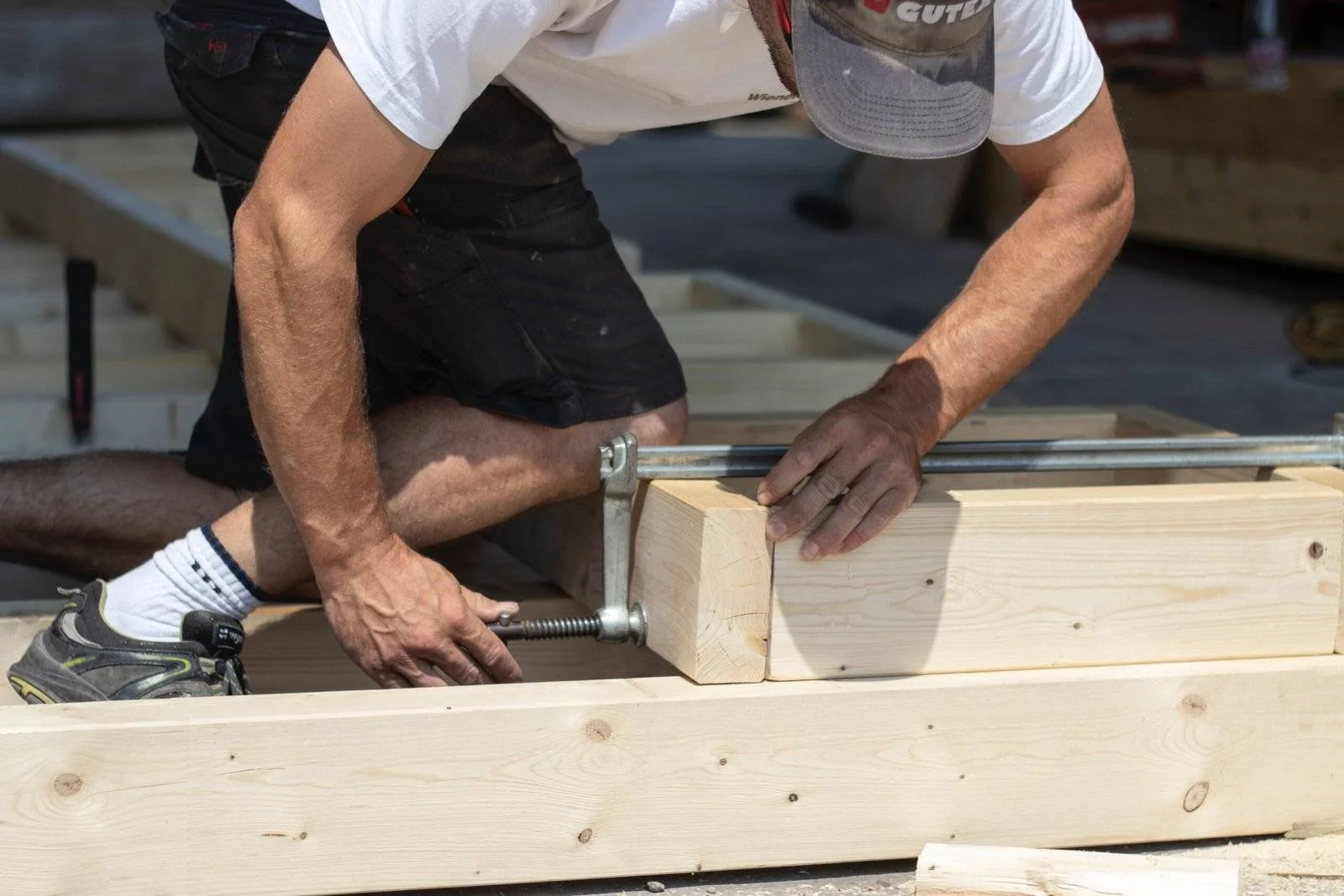Flat roofs are a common sight on many homes in Dallas, Texas. They offer a sleek and modern aesthetic while providing practical benefits. However, one question that often comes to mind for homeowners is: How long does a flat roof last? This guide will explain flat roof longevity and give tips on how to maximize your flat roof’s life. Let’s get started.
How Long Does a Flat Roof Last?
Several factors can affect the lifespan of a flat roof, including the materials used, installation quality, maintenance, and environmental conditions. In general, you can expect:
Built-Up Roofing (BUR)
Built-up roofing, known as tar and gravel, can last 20 to 30 years with proper maintenance. BUR consists of multiple layers of bitumen and reinforcing fabrics, making it durable and resilient against the Texas sun and occasional storms.
Modified Bitumen Roofing
Modified bitumen roofs typically have a lifespan of 15 to 25 years. This type of roofing is made from asphalt and reinforced with modifiers such as fiberglass or polyester. It offers excellent waterproofing properties and can withstand temperature fluctuations expected in the Dallas area.
Single-Ply Membrane Roofing
Single-ply membranes like TPO (thermoplastic polyolefin) and PVC (polyvinyl chloride) are gaining popularity due to their affordability and ease of installation. These roofs can last between 20 to 30 years when properly maintained. They provide excellent UV resistance, crucial for withstanding the hot Texas sun.
EPDM Roofing
EPDM (ethylene propylene diene terpolymer) rubber roofs have a lifespan of around 25 to 30 years. EPDM is known for its durability and flexibility, making it suitable for various weather conditions, including the occasional hailstorms experienced in Dallas.
The Factors Affecting Flat Roof Longevity
Various factors influence the lifespan of a flat roof, each playing a crucial role in determining how long the roof will last. These factors can help Dallas homeowners make informed decisions about their roofing systems.
Installation Quality
The quality of the installation is the most critical factor affecting the longevity of a flat roof. Poor installation can cause problems such as poor drainage, inadequate seam sealing, and improper flashing, all of which compromise the roof’s integrity.
Hiring a reputable roofing contractor who knows how to install flat roofs is essential to getting a long-lasting flat roof. Installing roofing materials properly requires thorough surface preparation, precision application, and attention to detail.
Maintenance
Regular maintenance is vital to extending the lifespan of a flat roof. Regular inspections by a qualified roofing professional can help Dallas homeowners spot damage, wear, and deterioration.
If you fix minor problems immediately, they won’t escalate into more significant issues that could shorten the roof’s lifespan. Keeping your roof clean and free of debris, like leaves, branches, and dirt, can also help prevent moisture buildup and damage caused by trapped water.
Climate
Flat roofs in Dallas can suffer from hot summers, storms, and temperature fluctuations due to the climate. Over time, UV radiation can degrade roofing materials, and extreme temperatures can cause them to expand and contract, compromising their integrity.
Also, hailstorms, high winds, and heavy rainfall can damage flat roofs, especially if they’re poorly designed and maintained. Roof materials and systems should be suited to the local climate, and homeowners should reinforce their roofs against potential weather damage.
Ventilation and Insulation
Proper ventilation and insulation are essential components of a long-lasting flat roof system. Adequate ventilation helps prevent moisture buildup within the roof assembly, which can lead to mold growth, rot, and structural damage. It also helps regulate temperature extremes, reducing the risk of thermal stress on the roofing materials.
Insulation improves energy efficiency and comfort inside the house while protecting the roof membrane from temperature damage. Maintaining optimal performance and longevity of flat roofs requires proper ventilation and insulation.
Material Quality
The quality of roofing materials can significantly impact a flat roof’s lifespan. Durable membranes, reinforced bitumen, and corrosion-resistant flashing are more likely to withstand the Dallas climate and provide long-term protection.
Premium roofing materials may require higher upfront costs but will save substantial amounts over the roof’s life by reducing the need for repairs.
Homeowners in Dallas can maximize the longevity of their flat roofs and enjoy reliable protection for their homes for many years by considering these factors.
Tips for Extending Flat Roof Lifespan
If you want to maximize the lifespan of your flat roof in Dallas, here are a few practical tips:
- Schedule regular inspections by a professional roofing contractor to promptly identify and address any issues.
- Keep the roof surface clean and debris-free, especially after storms or high winds.
- Trim overhanging branches to prevent them from damaging the roof or causing debris buildup.
- Ensure proper drainage to avoid water pooling, which can accelerate roof deterioration.
- Invest in high-quality roofing materials and professional installation to minimize the risk of premature failure.
Following these guidelines and staying proactive about maintenance, you can have a durable and long-lasting flat roof that protects your investment.
Read More: How Long Does A Rubber Roof Last?
Conclusion
The lifespan of a flat roof can vary depending on several factors, but Dallas homeowners can maximize it. Ensure your flat roof withstands the Texas climate by choosing the suitable materials, investing in professional installation, and staying proactive about maintenance.


